
Schwarzenegger calls Trump "meshugge" over climate accord
The conference is expected to work out how governments can report on their efforts to reduce emissions
Watch CBS News

The conference is expected to work out how governments can report on their efforts to reduce emissions
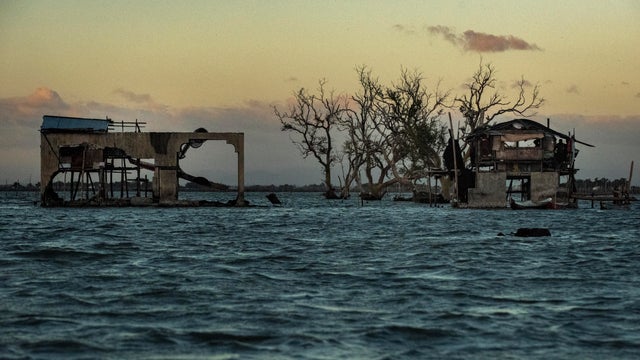
Shift toward cleaner energy will reduce greenhouse gas emissions, but possibly not fast enough to halt global warming
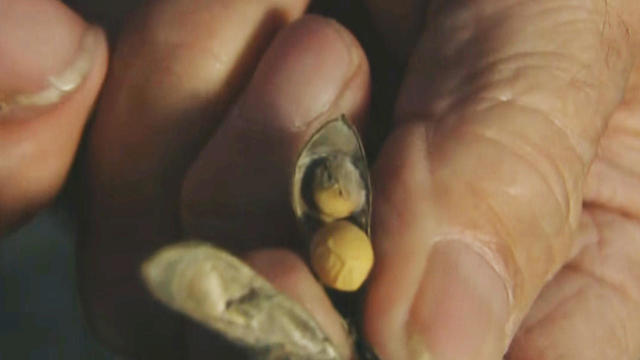
Government report points to worsening effects on U.S. economy, including in the Midwest, the "breadbasket of America"

Weather is a key ingredient. It may also be this delicacy's downfall

"The Trump administration chooses the Friday after Thanksgiving to try and bury this critical U.S. assessment of the climate crisis"
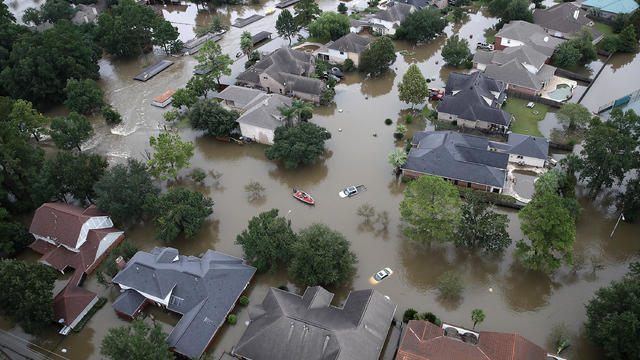
The report "concludes that the evidence of human-caused climate change is overwhelming and continues to strengthen"
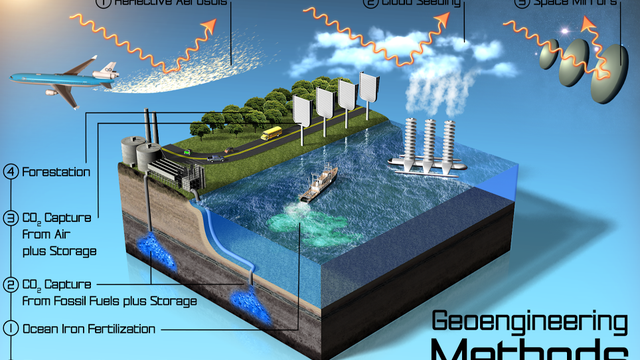
Planes spraying tiny sulphate particulates into the lower stratosphere could help shield Earth from just enough sunlight to help keep temperatures low
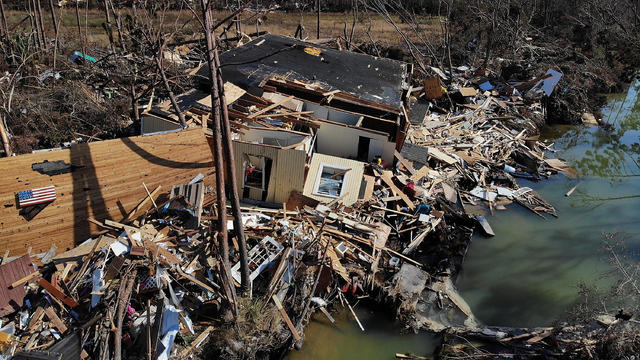
"Facing these climatic changes will be like getting into a fight with Mike Tyson, Schwarzenegger, Stallone, Jackie Chan – all at the same time," the lead researcher said

People in the San Francisco Bay area are rushing to area stores to buy protective masks only to find that many are sold-out.
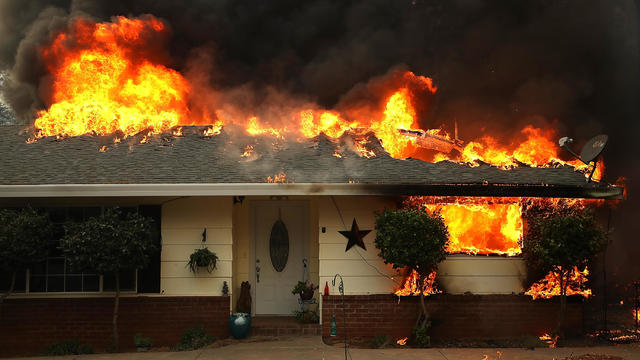
CBS News contributing meteorologist Jeff Berardelli explains how deadly blazes in the Golden State involve both current weather and longer term climate shifts

The climate printing press has been working overtime the past two weeks spitting out study after study

Case was brought by 21 young people who argue government officials have known for more than 50 years that carbon pollution from fossil fuels was causing climate change
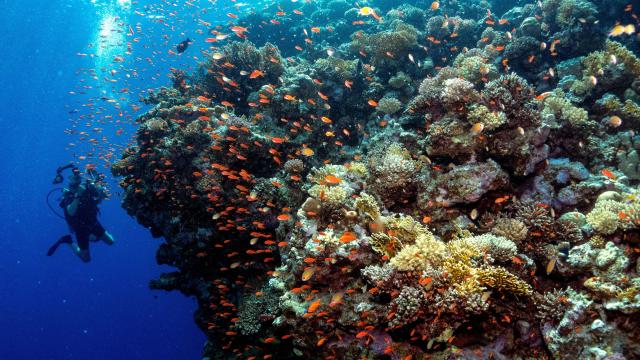
Heat absorbed by Earth's oceans leads to coral bleaching and contributes to sea level rise
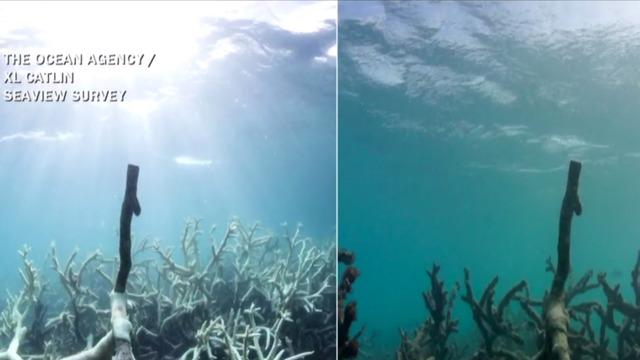
A new study has found that the Earth's oceans have absorbed 60% more heat than previously thought. CBS News contributing meteorologist Jeff Berardelli joins CBSN to discuss the study.

The Supreme Court has temporarily blocked an unprecedented climate change lawsuit filed in Oregon. 21 young people ages 11 to 22 are suing the federal government for failing to fight global warming. Phil Gregory, one of the attorneys representing the group, joins CBSN on the phone to discuss the case.
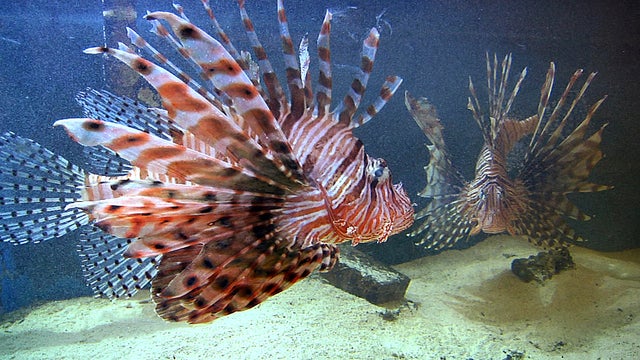
As seasonal cycles shift and ecosystems are thrown off balance, invasive species are expected to surge into new areas

The state's top prosecutor alleges the oil-and-gas giant misled investors in calculating its financial exposure
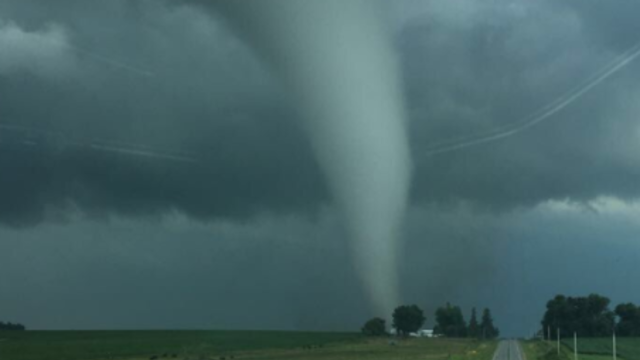
That could triple the possibility of disasters, and one of the study's authors says climate change could be the reason for the apparent movement

Stephen Hawking writes humanity behaving with "reckless indifference to our future on planet Earth," according to report
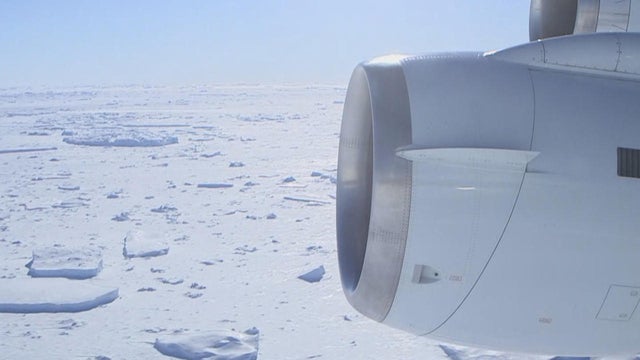
NASA's Operation IceBridge measures ice loss in Antarctica, and its effect on rising sea levels
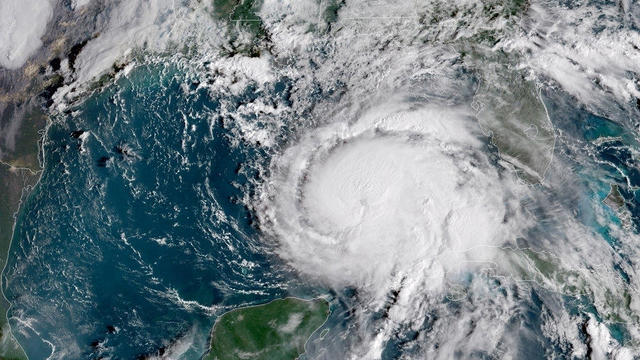
Sometimes connecting climate change to a specific weather event is difficult. With Hurricane Michael, it's not.
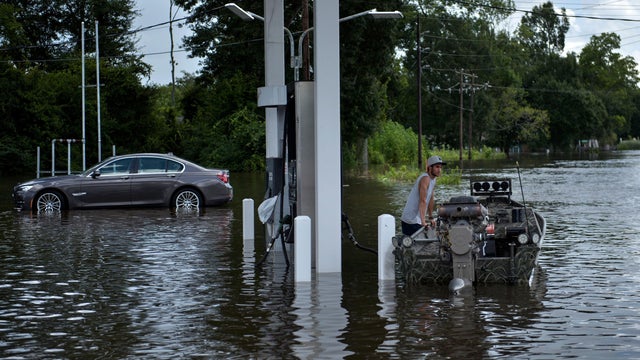
It's the first time an oil company in the U.S. has put money behind its pro-climate words
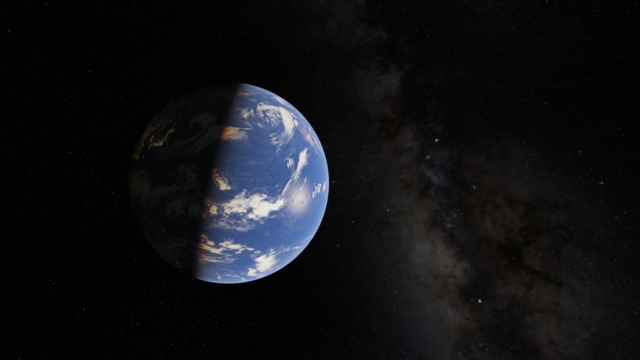
A new report from the U.N. predicts that at the current warming rate, millions more people will die from extreme heat by the year 2040
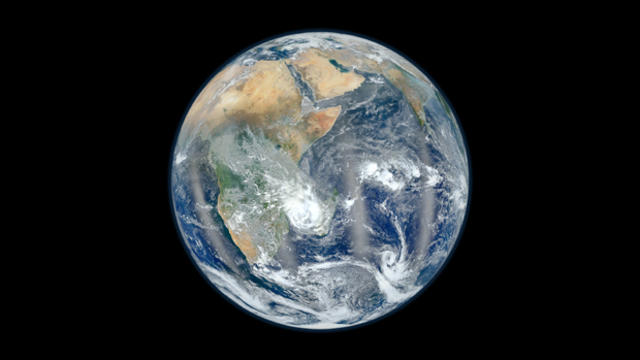
Preventing an extra single degree of heat could make a difference in the next few decades for multitudes of people and ecosystems on Earth
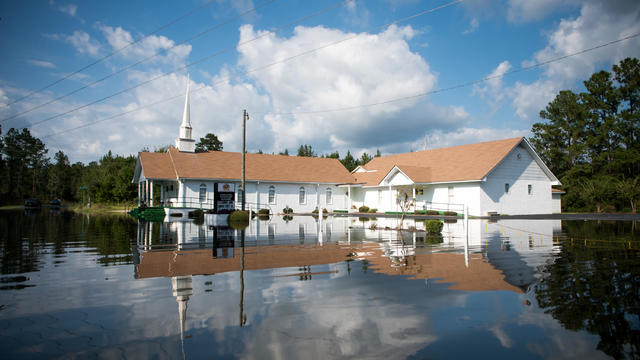
Only Hurricane Harvey rained more over a 14,000 square-mile area during a four-day time period
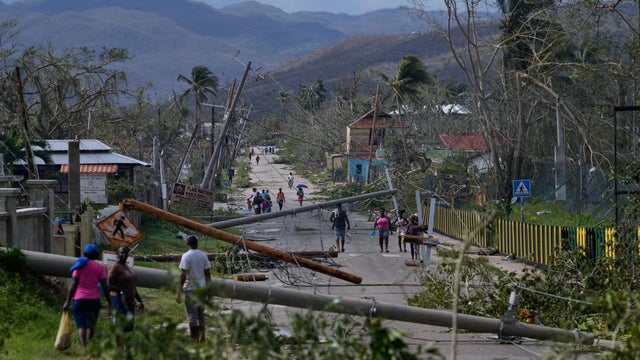
Hurricane Melissa has left dozens dead and widespread destruction across Jamaica, Haiti and Cuba, as it continues to threaten the Bahamas and Bermuda.

A Florida couple traveled to Colombia to make their dream of a family a reality through the booming "fertility tourism" business.
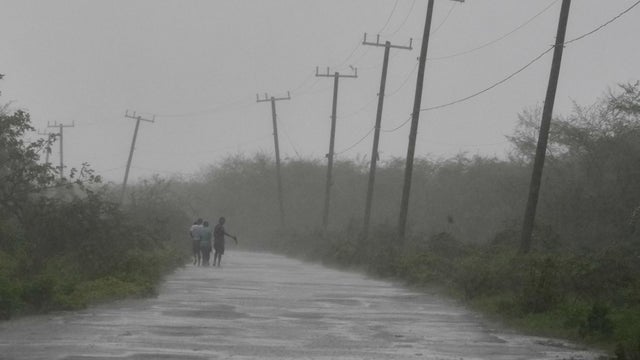
Hurricane Melissa made landfall Tuesday in Jamaica as a fearsome Category 5 storm. Forecasters said it could be the island's "storm of the century."
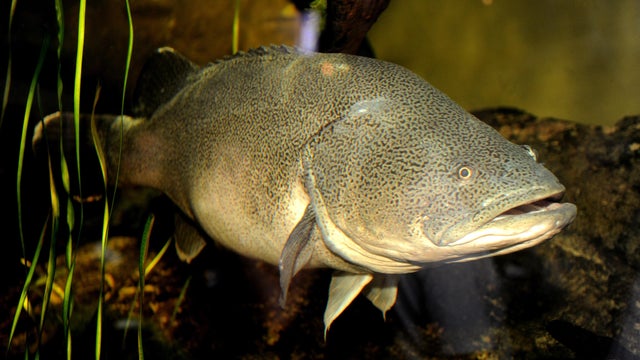
The Murray cod, named Arnie after Australia's recently retired Olympic champion Ariarne Titmus, was first tagged in 2022.
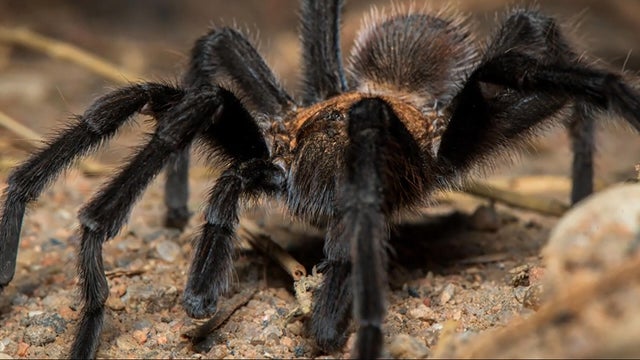
We know very little about the brown tarantula (Aphonopelma hentzi), whose habitat stretches from Louisiana to Texas and Colorado. But the first question arachnid expert Cara Shillington asks is, why are we afraid of tarantulas? She talks with Jonathan Vigliotti, who also visits Colorado's La Junta Tarantula Fest, an annual celebration of the eight-legged creature that draws thousands to see thousands of brown tarantulas wandering the Comanche National Grassland in a haphazard, often halting hunt for a mate.
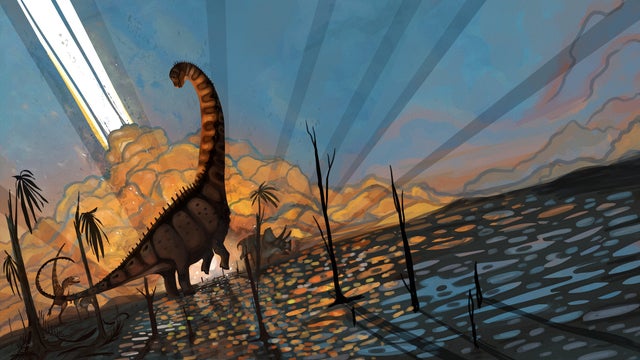
Scientists have long debated whether dinosaurs were in decline before an asteroid smacked the Earth 66 million years ago, causing mass extinction.
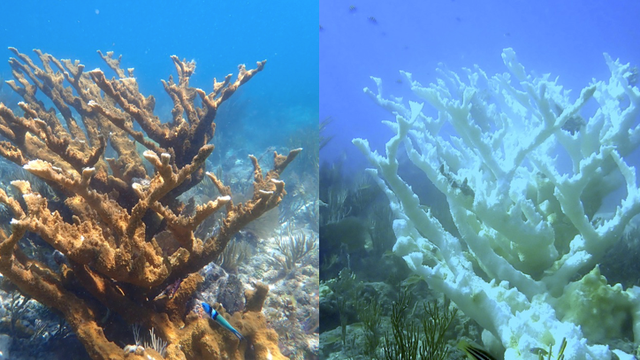
A record 2023 heat wave all but eradicated two species of coral that historically served as the backbone of Florida's reefs, researchers said in a new report.
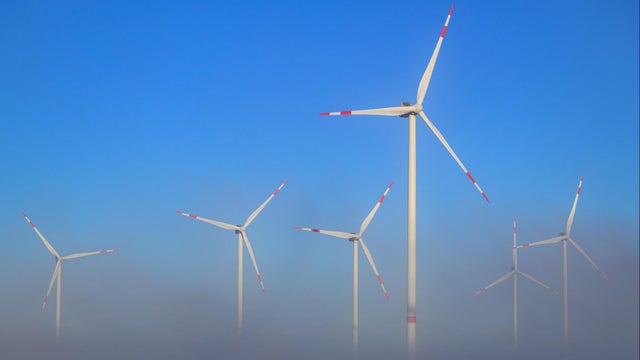
Global climate change limit efforts are off-track from the 2030 goals set out by the Paris Agreement in 2016, according to the State of Climate Action 2025 Report. Kelly Levin, the chief of science, data and systems change at the Bezos Earth Fund, joins to break down the report.

Neil deGrasse Tyson explains why, despite believing life likely exists elsewhere, he's still waiting for real proof.

Astrophysicist Neil deGrasse Tyson joins "CBS Mornings" to discuss his updated book "Just Visiting This Planet," which tackles more than 200 questions about science and the universe — including why the sky is blue.
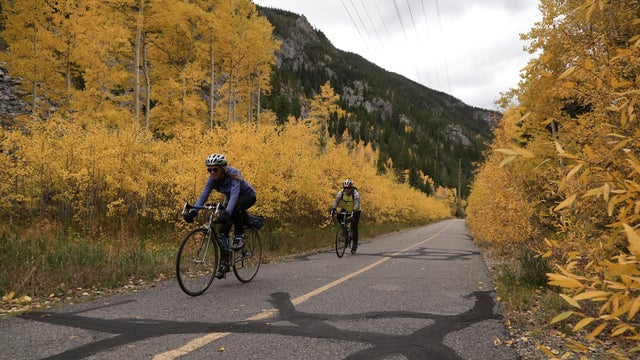
Leaf-peeping season has arrived in the Northeast and beyond, but weeks of drought have dulled this year's autumn colors and sent leaves fluttering to the ground earlier than usual.
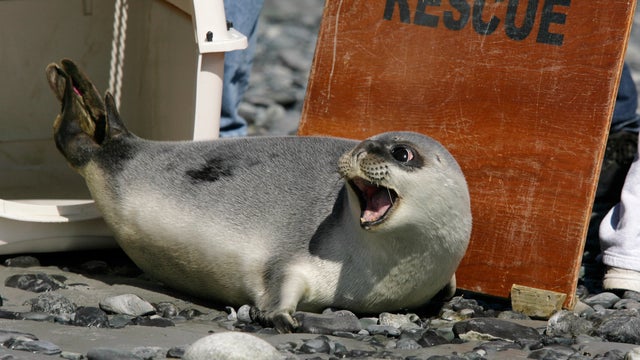
One bright spot is green sea turtles, which have recovered substantially, the IUCN said as it released its latest Red List of Threatened Species.
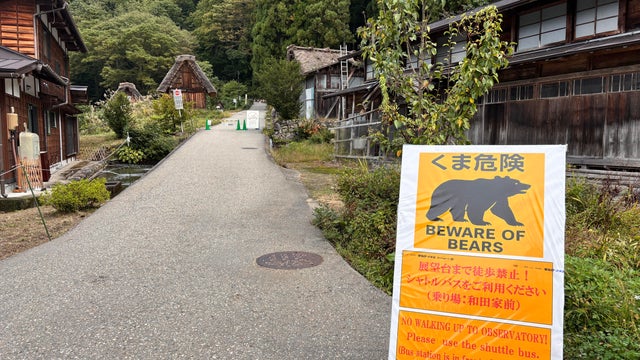
As Japan faces rising human-bear encounters, an animal trapped in a grocery store injured two men, while a separate reported mauling proved fatal.

The images taken by two Mars orbiters show a bright, fuzzy white dot of the comet, also known as 3I/ATLAS, appearing to move against a backdrop of distant stars.

One of 2025's three Nobel Prize in Physics winners says the trio's work is "one of the underlying reasons that cellphones work.''